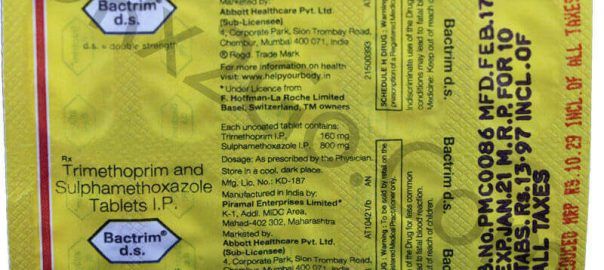Dysentery is an infection in your intestines that causes bloody diarrhea. It can be caused by a parasite or bacteria.
There are two main types of dysentery:
- Bacillary dysentery or shigellosis – caused by shigella bacteria which is the most common type of dysentery in the UK.
- Amoebic dysentery or amoebiasis – caused by an amoeba called Entamoeba histolytica which is mainly found in tropical areas. This type of dysentery is usually picked up abroad.
Causes of Dysentery
What type you have depends on what caused your infection.
- Bacillary dysentery is the most common type of dysentery. It results from bacteria called Shigella. The disease is called shigellosis.
- Amoebic dysentery comes from a parasite called E. histolytica. You’re more likely to get this kind of dysentery if you travel to a tropical location that doesn’t have good sanitation.
- Swimming in contaminated water, such as lakes or pools, is another way you might catch dysentery.
- You can get dysentery if you eat food that’s been prepared by someone who has it.
- You can sometimes carry the bug that causes dysentery for weeks or years without knowing it.

Risk Factors of Dysentery
Children are most at risk of Dysentery, but anyone can get it at any age. It’s easily spread through person-to-person contact and by contaminated food and drink.
This infection mostly spreads among people who are in close contact with an infected person, such as people:
- At home
- In nursing homes
- In daycare centers
- In schools
Dysentery is primarily spread by eating contaminated food or drinking contaminated water in tropical areas that have poor sanitation.
Diagnosis for Dysentery
Seek medical assistance if you or your child has symptoms of dysentery. At your appointment, your doctor will review your symptoms and any recent travels. You should note any travels outside of the country. This information can help your doctor narrow down the possible cause of your symptoms.
Several conditions can cause diarrhea. If you don’t have other symptoms of dysentery, your doctor will order diagnostic testing to determine which bacteria are present. This includes a blood test and a lab test of a stool sample. Your doctor may also perform additional testing to decide whether an antibiotic will help.
Symptoms of Dysentery

Symptoms can show up 1 to 3 days after you get infected. In some people, the symptoms take longer to appear. Others never get symptoms.
The most common symptoms of dysentery are related to disturbances of the digestive system and include:
- Abdominal bloating
- Cramping
- Abdominal pain
- Bloody diarrhea
- Flatulence
- Nausea with or without vomiting
Treatment and Medications for Dysentery
To determine if you have dysentery, your doctor may ask you to provide stool samples for laboratory testing.
Antibiotic therapy is the mainstay of treatment for dysentery because of bacterial organisms and is highly effective. It is essential to follow your treatment plan for dysentery specifically and to take all of the antibiotics as instructed to avoid recurrence.
Antibiotic medications that are effective in the treatment of dysentery include:






